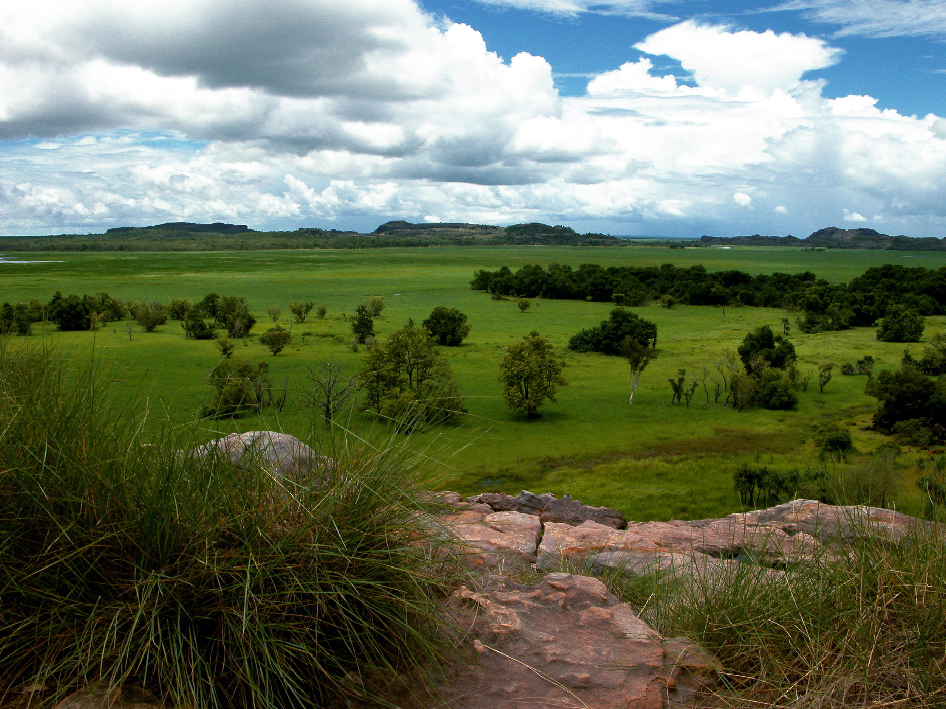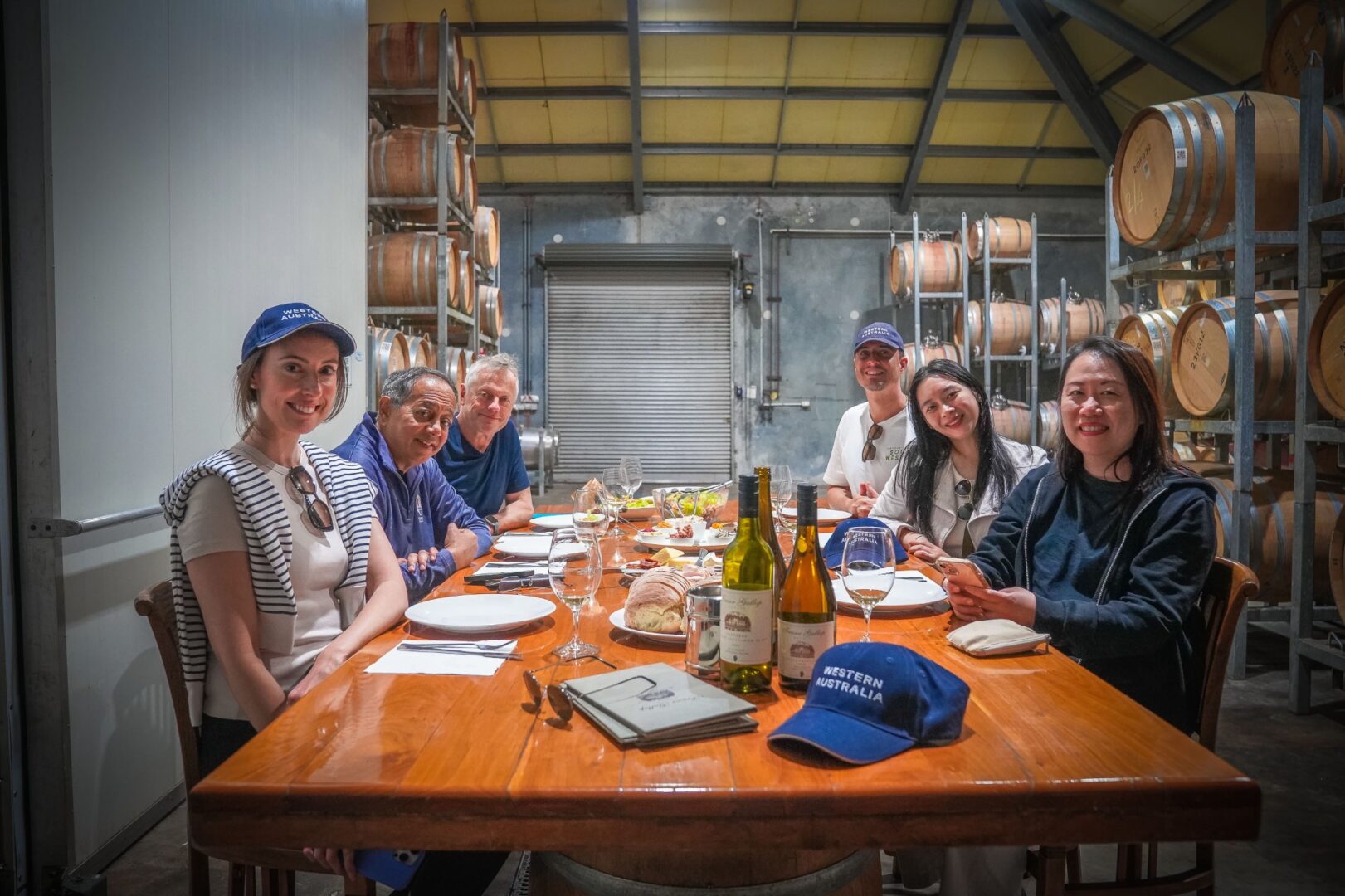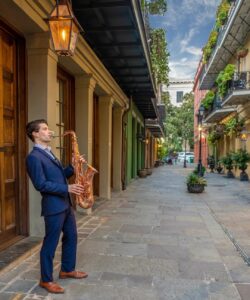
Peking: No Dead Duck!: Guest blog by Tarini Pal

In July 2019 I spent a month in a Summer Chinese Program, co-held by the College of Intensive Chinese Studies, Beijing Language and Culture University and the Faculty of Business and Economics, University of Hong Kong, as my first initiation into my MBA Program at HKU.
The only trip that I had previously made to the mainland had been to Shanghai, sixteen years ago, at the ingenuous age of thirteen. So as you can imagine, I was excited to arrive in Beijing, and explore the country as an adult. My enthusiasm got the better of me, as I mistakenly boarded the wrong shuttle bus once I disembarked from my flight from India, and landed up at the domestic arrivals hall instead of the international one. Had it not been for Lucas, one of my Chinese classmates whom I had been in touch with on WeChat (China’s answer to WhatsApp), I might have had to have spent the night at the airport, as language proved to be a nearly insurmountable barrier. After guiding me to the correct hall, Lucas promptly booked us a Didi (China’s answer to Uber), and we were off! (Note: Lucas and I have since become good friends, and at a commanding height of 6’2”, he has knocked my China stereotypes out the window.)

The students in our cohort who were proficient in Mandarin were enrolled in a Business Communication course, whereas the rest of us were put into an intensive conversational Mandarin course, which was offered at three levels, depending on one’s language ability. I was placed in one of the two Beginners’ sections, as pretty much the only ability I had was to say ‘Ni Hao’ and that too with the incorrect tone.

The program included other activites alongside our Mandarin lessons; we were taken to the city’s most well known historical and cultural sites. The Great Wall or Wànli Chángchéng (literally: ten thousand ‘li’ long wall – the ‘li’ is a Chinese unit of distance, equivalent to approximately 500 meters) was certainly the most impressive of these, living up to all expectations formed when I was eight years old, after having watched Mulan on repeat. We were taken to the Mutiyanu section of the Great Wall, being the longest fully restored section open to tourists, boasting 23 densely spaced watchtowers. Fortunately, most of the members of my group were as predisposed to hiking as me, and so the seven of us bravely decided to climb the 4000 odd steps to the ramparts! For the less athletically inclined, the cable car always serves as a more relaxed alternative.
One of the highlights of my stay in China was definitely the cuisine. However authentic Chinese food is not for the faint-hearted. And if you’re a vegetarian as many Indians are, you would do well to carry some comfort food with you. One can’t visit Beijing and not sample its eponymous Peking Duck – both the meat and the crispy melt-in-your-mouth skin of the bird are served along with various accompaniments such as spring onions, cucumbers, sweet bean sauce, garlic sauce and sugar, which are all to be delicately wrapped in a diaphanous pancake, resulting in a blissfully delectable roll. Beijing is also famous for its hot pots, which are essentially simmering pots of soup stock that are placed in the center of dining tables. Various ingredients are placed into the hot pot one by one and are cooked while one is seated at the table, allowing for steaming hot, freshly cooked food to land on one’s plate within a matter of seconds. Amongst some of the more unique foods that I tried were beef stomach, crawfish and pig brain. Our Chinese classmates also insisted that we try báijiu, a clear liquor which can be made from a selection of grains. It is served neat in thimble-sized shot glasses, and can contain anywhere between 35-56% alcohol. I could only manage a couple of shots for fear that it would burn right through my gullet, but the boys gladly knocked them back, and were giggling all the way home!
Although the mainland boasts of hot tourist destinations, some of the processes can be a bit frustrating. Not all commercial enterprises accept international credit cards, for example, so one has to make sure one is carrying enough cash on one’s person, unless one has WeChat Pay, for which one needs a Chinese bank account. And then, of course, there is the matter of the ‘Great Firewall of China’. One can get around it with the use of a VPN, however, but even said method is not one hundred percent reliable. However I found that the nature of the people more than made up for these hurdles. More often than not, the locals that I encountered were kind, friendly and helpful, and I always felt very safe. I was particularly exhausted (read: hungover) while walking back to my hotel one day and so approached a policeman to help me flag down a taxi. However, much to my surprise, he offered to give me a ride back on his motorbike instead, which I willingly availed of! In India I would have thought twice about doing such a thing.

The cherry on the cake, though, was my Mandarin teacher, Han Lāoshi. I was blown away by her kindness, patience, approachability and fantastic sense of humour. Once she even brought her darling six-month-old British shorthair, to class one day at my request. One night she stepped out to join us for a beer and some laughs and we all felt quite sad to bid her farewell at the end of the program.

All in all, I would say that the program was an immensely fulfilling experience, which gave me the opportunity to explore a fascinating part of the world through its language, culture and people. I do hope to discover even more of China in the future. Hopefully I will get to meet up again with Han Lāoshi and, of course, Harry.

![]()













